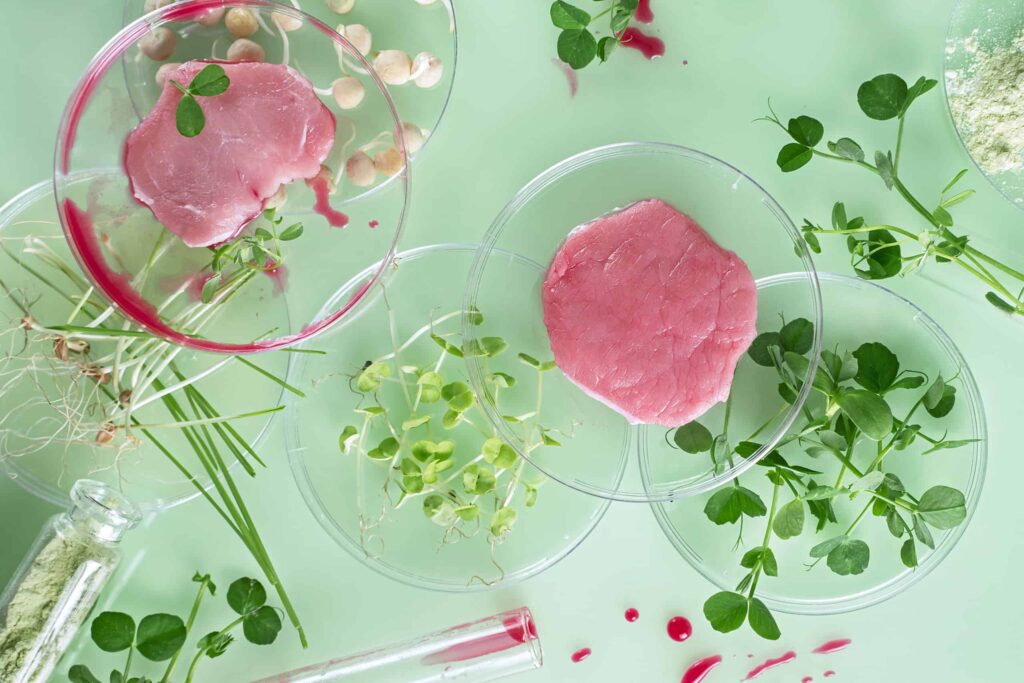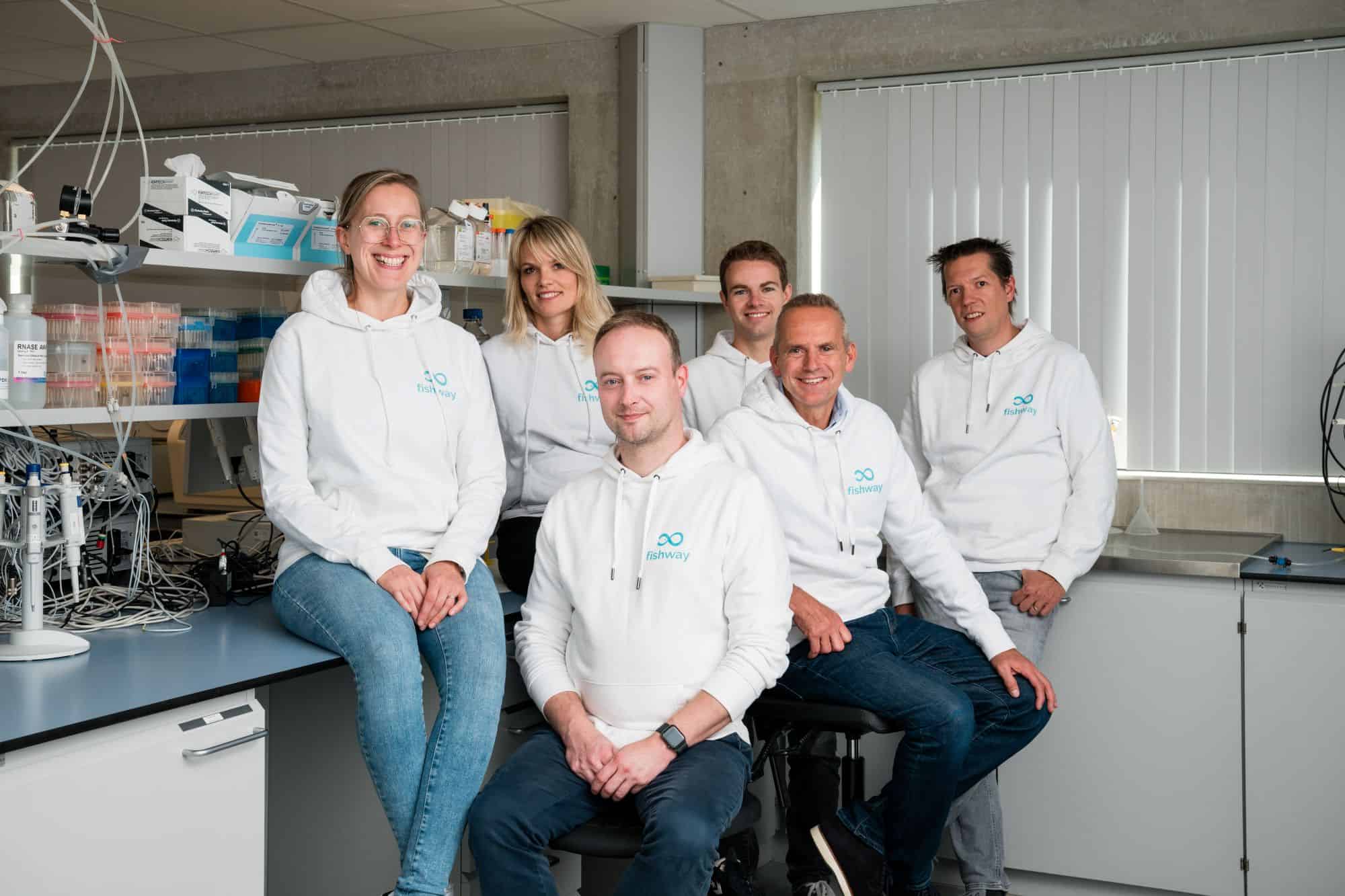A new B2B marketplace, Cellbase, has launched to streamline procurement for companies in the cultivated meat sector. The platform is designed to simplify the sourcing process for the specialized materials and equipment needed in cultivated meat production, such as bioreactors, growth media, scaffolds, and cell lines.
The cultivated meat industry has faced significant procurement challenges due to the fragmented nature of its supply chain. According to David Bell, the founder of Cultigen Group (the parent company of Cellbase), many companies in the sector have been struggling with inefficient sourcing practices.
Wasted time and mismatched suppliers
He stated, “Every cultivated meat company we spoke to was wasting time on the same procurement headache. Finding suppliers for critical components meant googling through pages of pharma suppliers who didn’t understand food applications.”
Bell also noted challenges in navigating irrelevant product catalogs, chasing quotes and building relationships from scratch.

Tailored for food, not pharma
Traditional procurement methods in other industries do not meet the unique needs of cultivated meat companies. Unlike pharmaceuticals, which require different specifications, cultivated meat production requires products that are validated for food applications, as well as suppliers who understand the specific demands of scaling up production. For example, companies need bioreactors that can run continuously for months rather than for short-term research purposes. “That specificity creates value for a vertical marketplace,” Bell explained.
Cellbase offers a curated list of suppliers across several categories critical to cultivated meat production. These include cell lines from various animal species, growth media, bioreactors, scaffolds, equipment such as incubators and centrifuges, sensors for process monitoring, and consumables like filters and tubing. Each product listing provides relevant application context, regulatory notes, and compatibility information to help companies quickly identify what they need.
The marketplace is built to scale with the industry’s growth. While most cultivated meat companies are currently in the R&D or early pilot phases, the launch of Cellbase comes at a time when commercial-scale projects are gaining momentum. Companies such as Believer Meats and Aleph Farms are already in the process of building production facilities, which will increase the complexity of procurement as order volumes and compliance requirements rise.

Regulatory and supply momentum align
The timing of Cellbase’s launch aligns with a number of industry developments. Bell pointed to three key factors that created the right conditions for the platform to succeed: progress in regulatory approval, the shift towards commercial-scale production, and the maturation of suppliers offering cultivated meat-specific products. Regulatory momentum is evident in recent FDA approvals for companies like UPSIDE Foods and GOOD Meat, while Singapore’s regulatory framework and the European Union’s moves toward clearer pathways are contributing to increased investment in the sector.
Cellbase launched with partnerships from a range of suppliers and is continuing to onboard additional partners as it grows. The platform is designed to serve both cultivated meat companies looking to streamline their procurement process and suppliers seeking to reach a high-growth market with specific, qualified buyers.
Bell continued, “Five years ago, that market didn’t exist. Today, it does.
When you combine regulatory progress, production scale-up, and supply-side readiness, you get the conditions for infrastructure platforms to work.”




